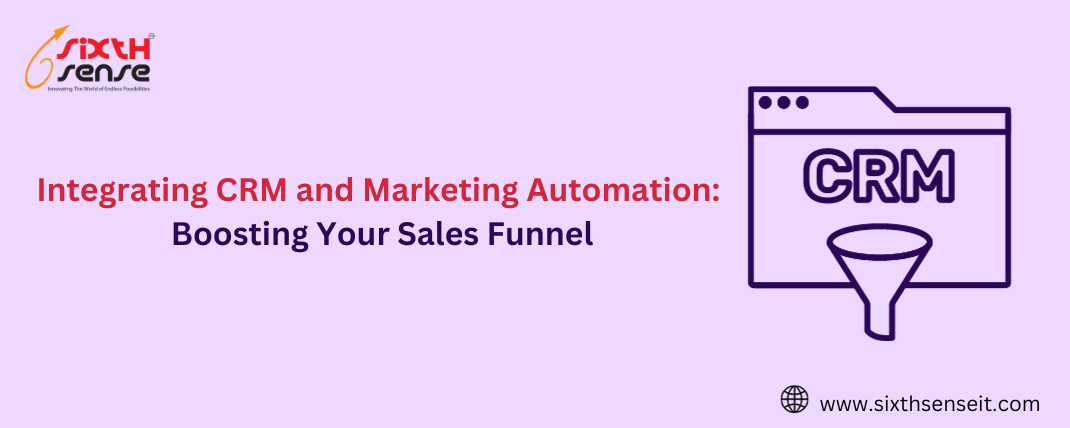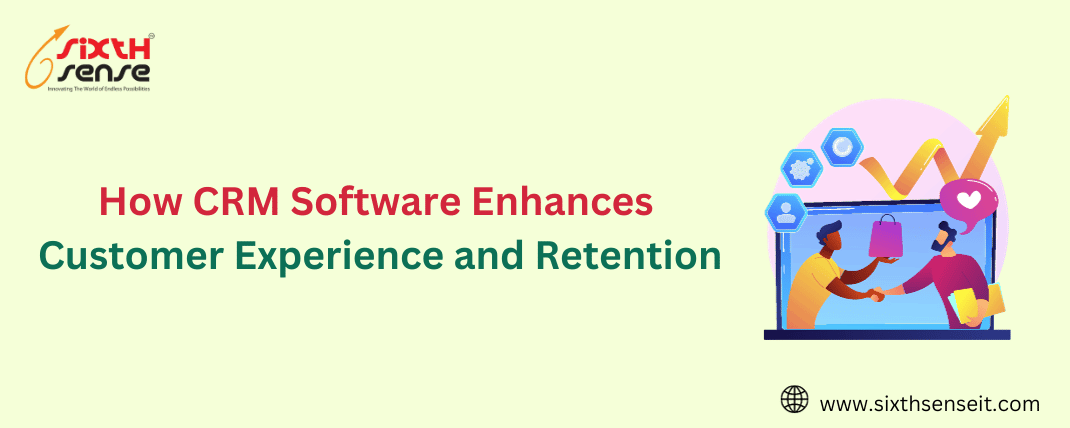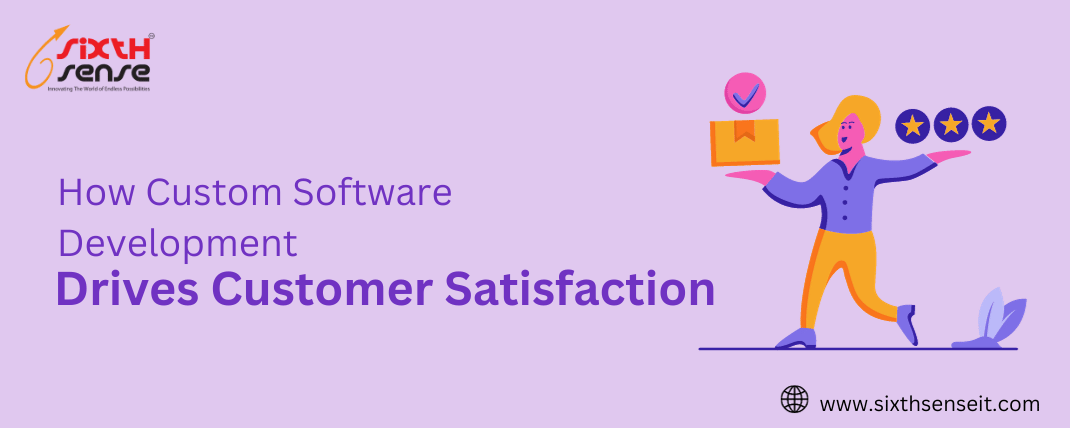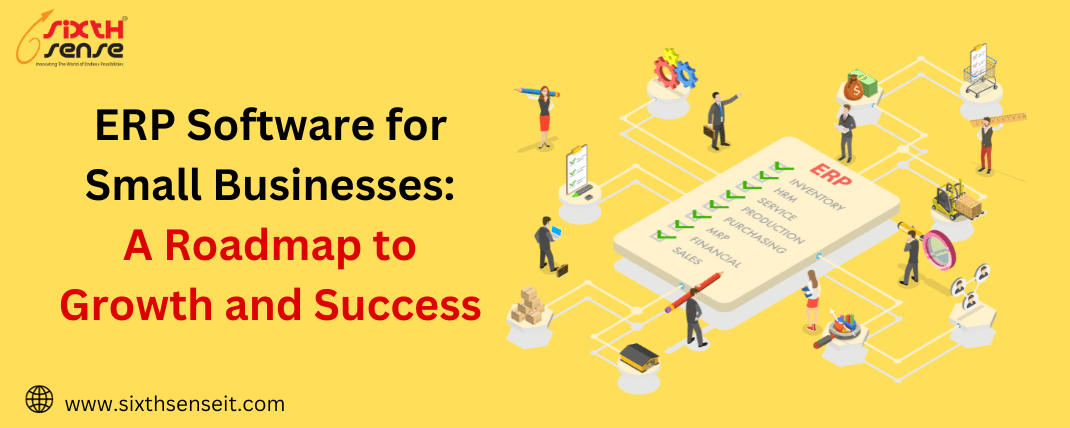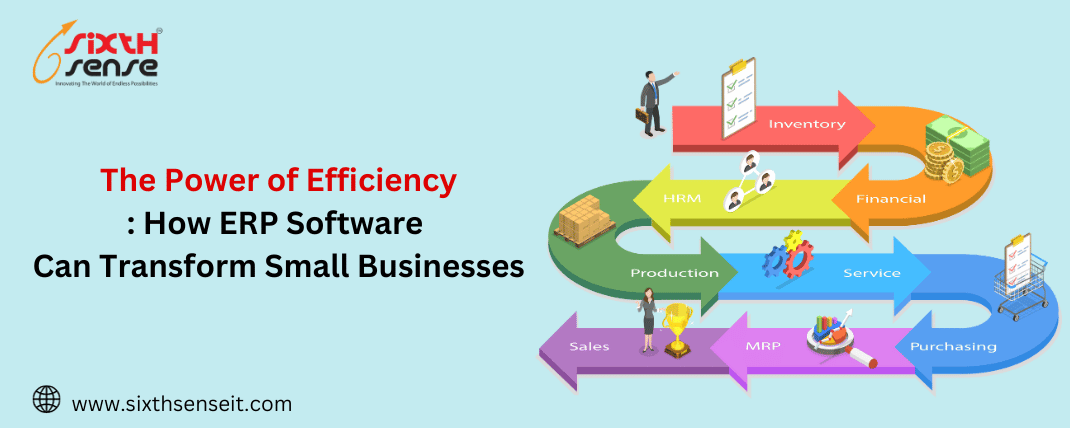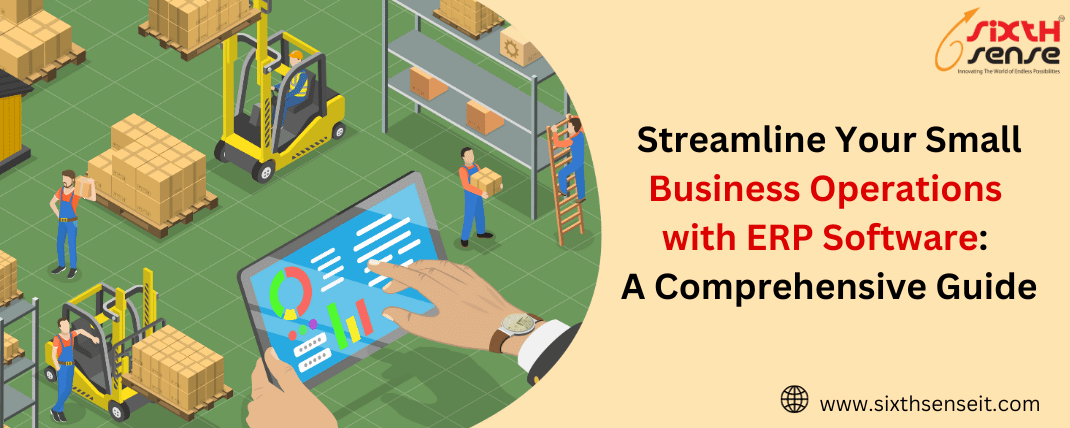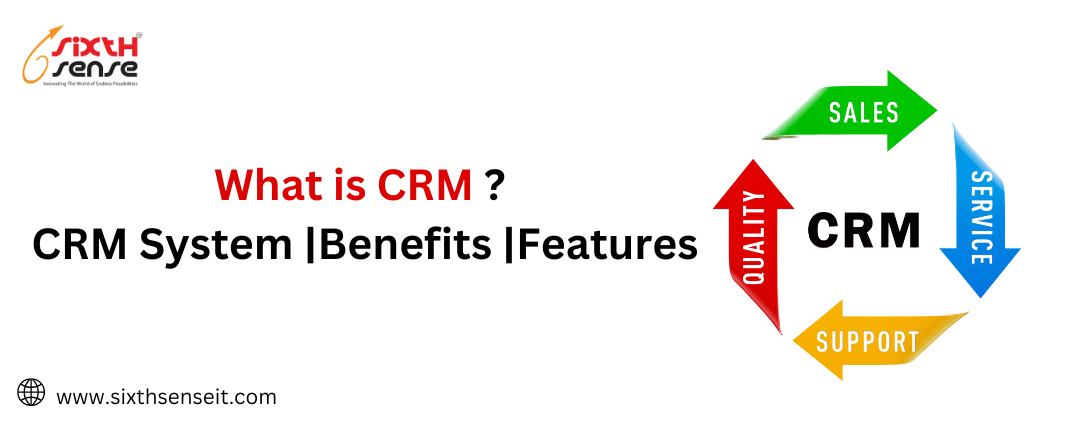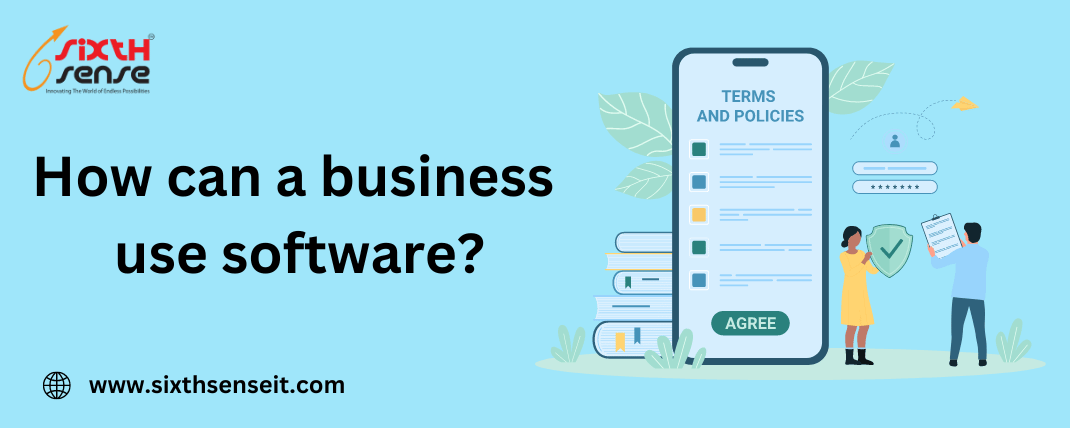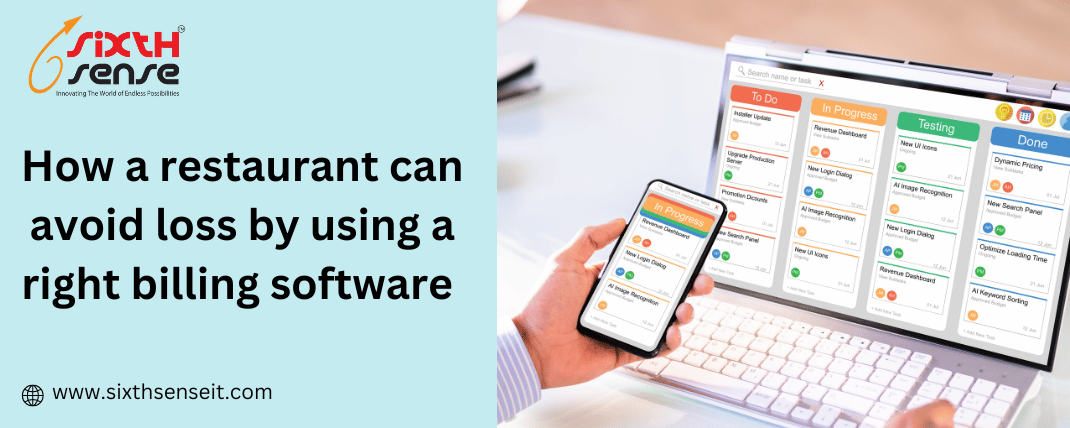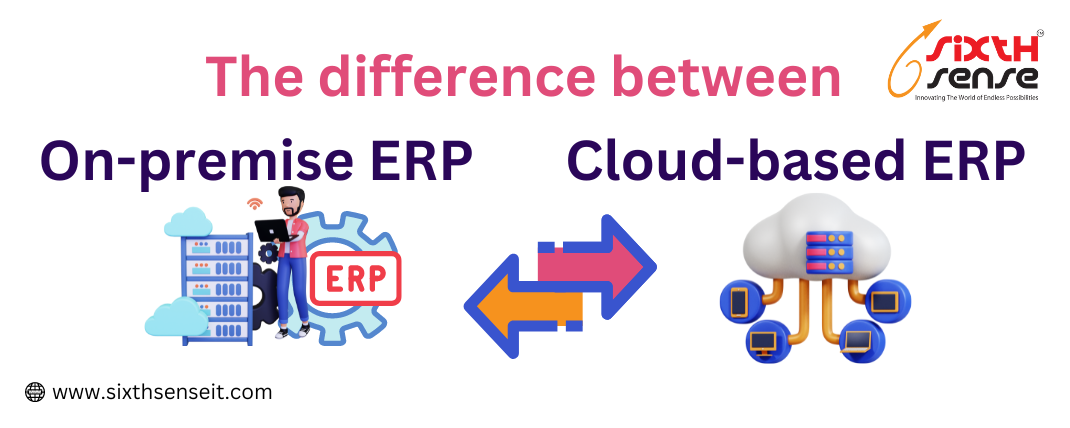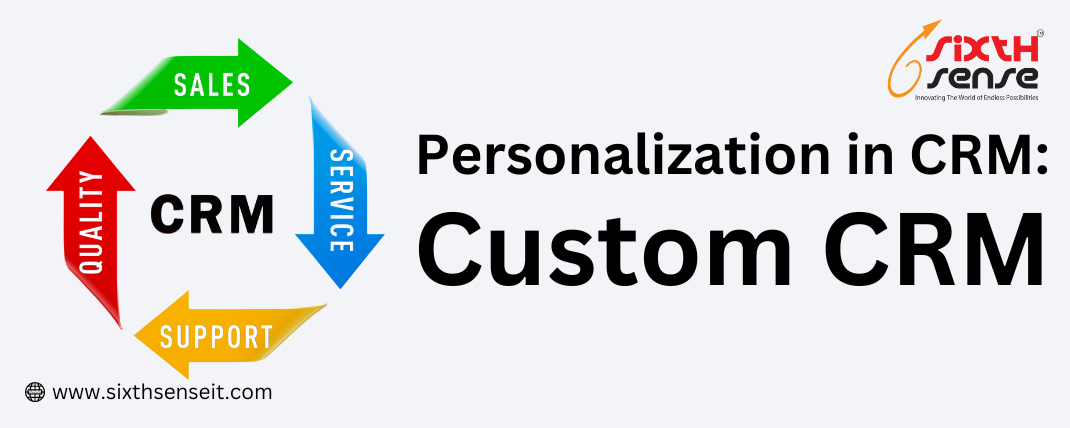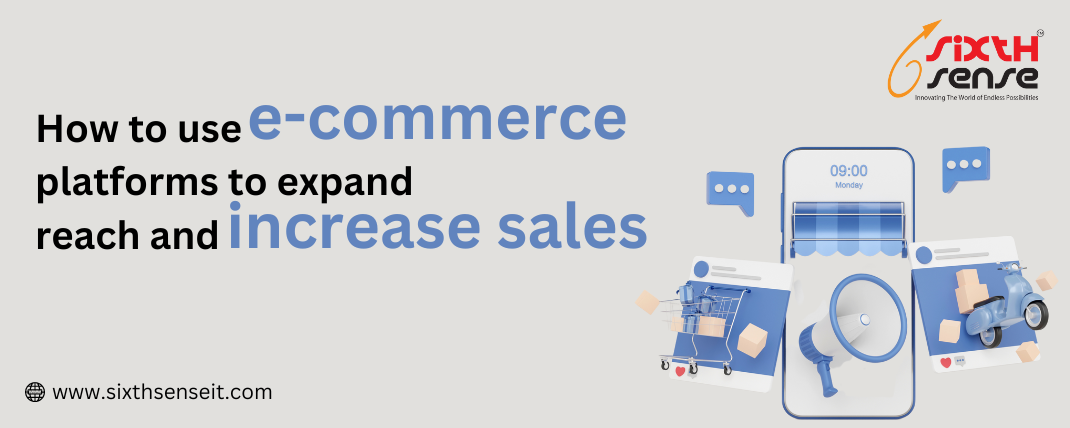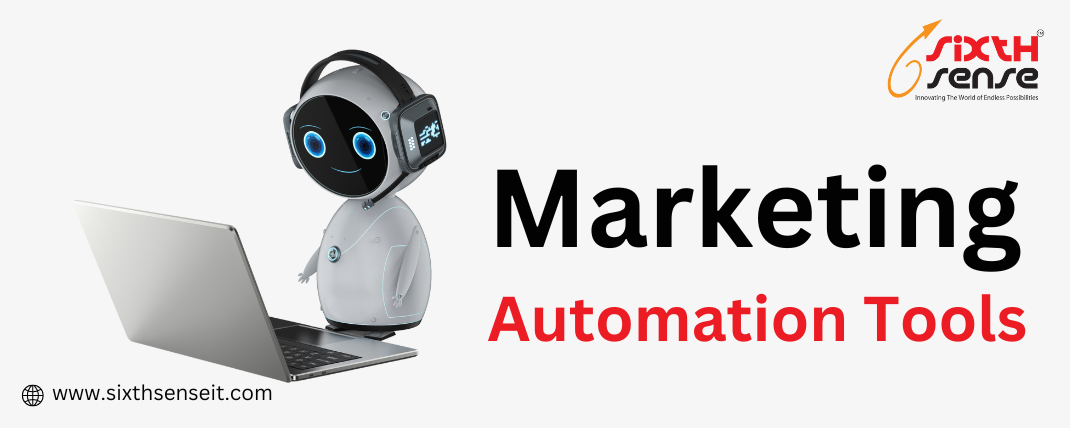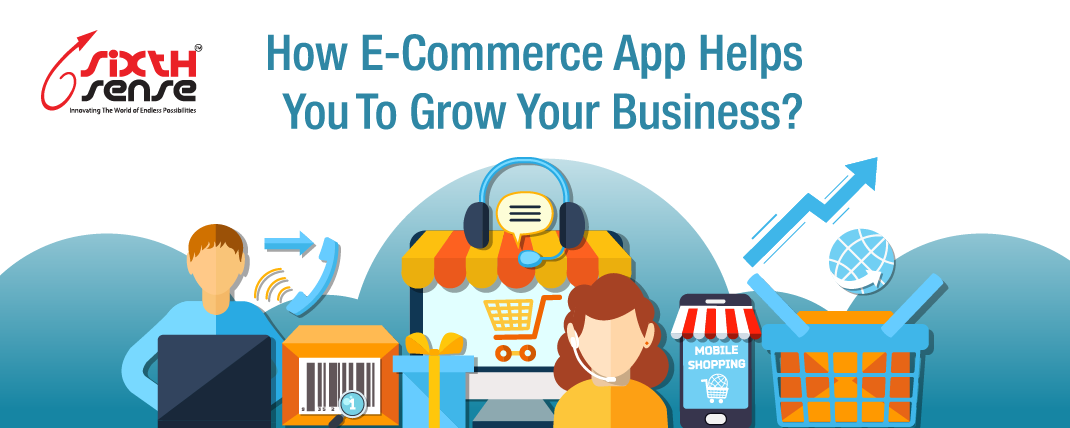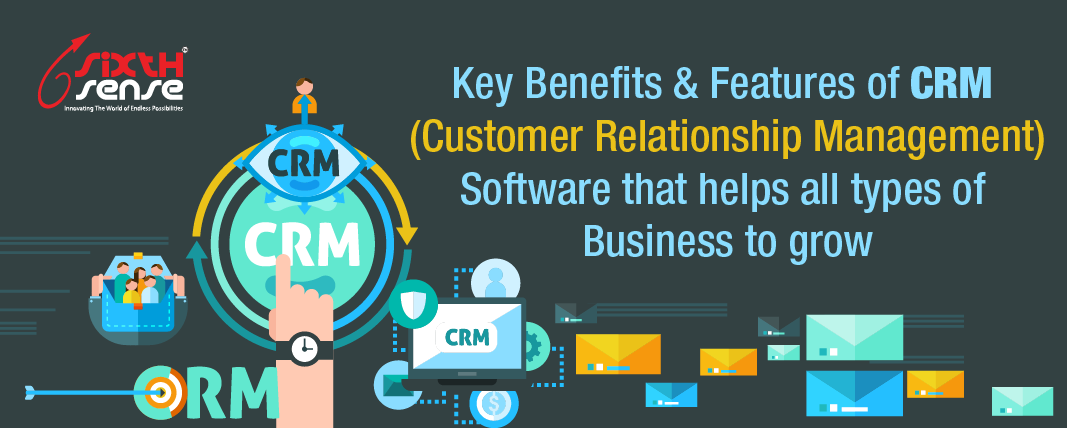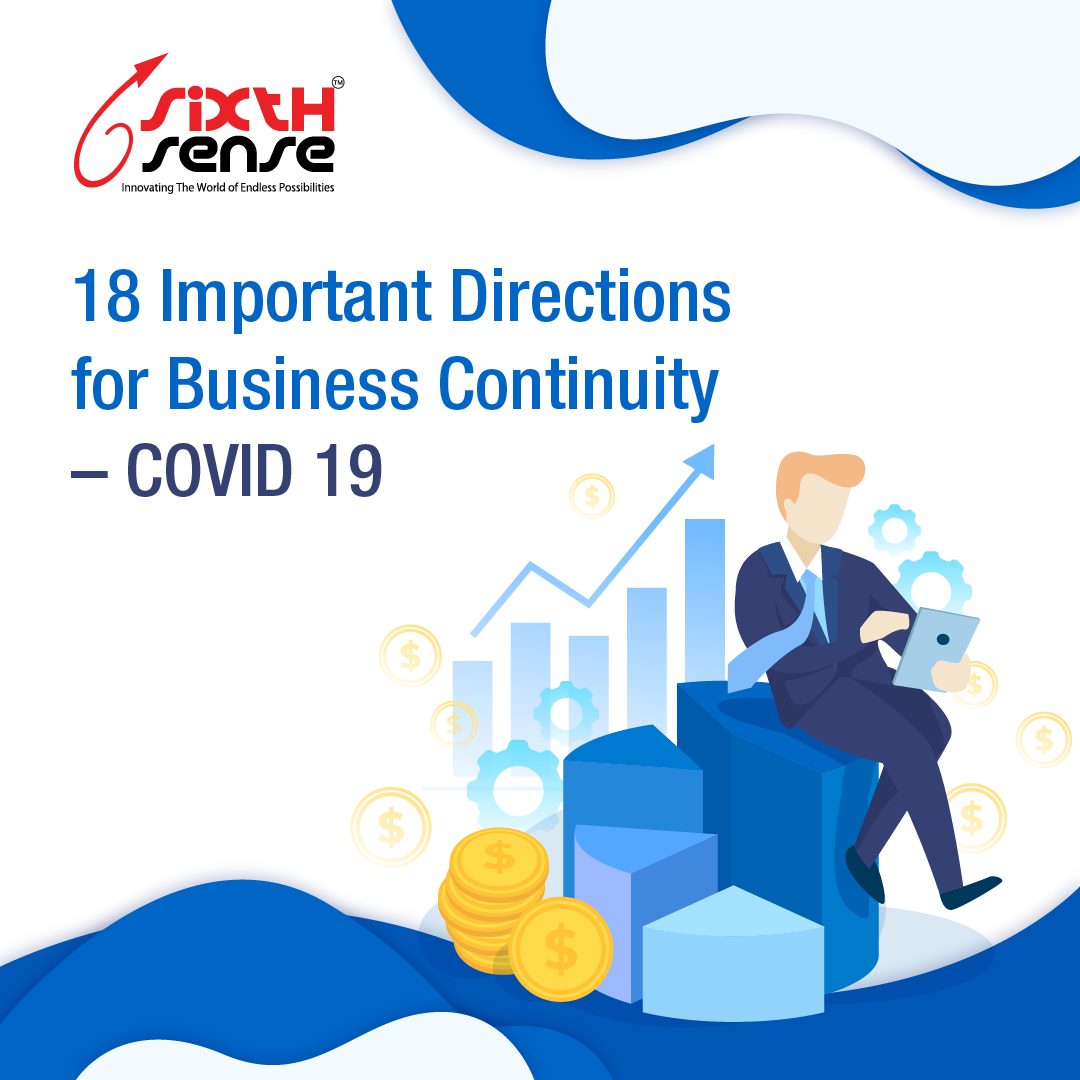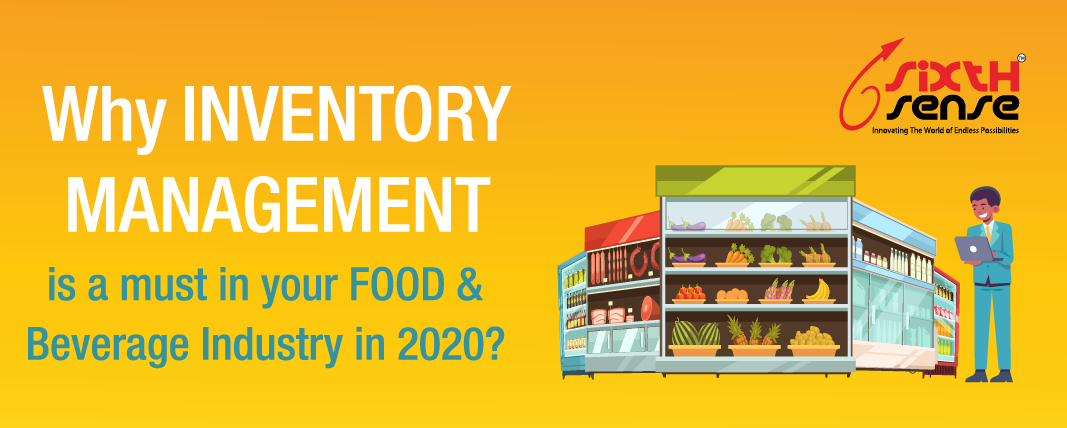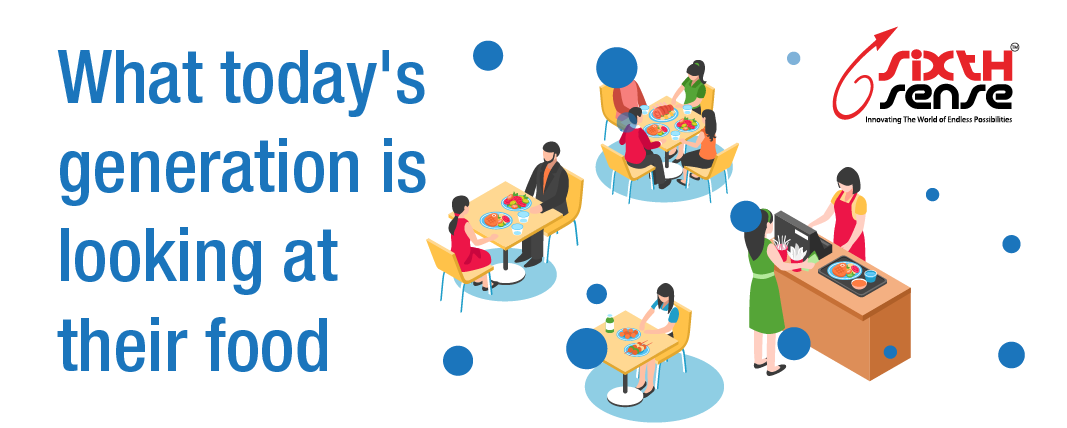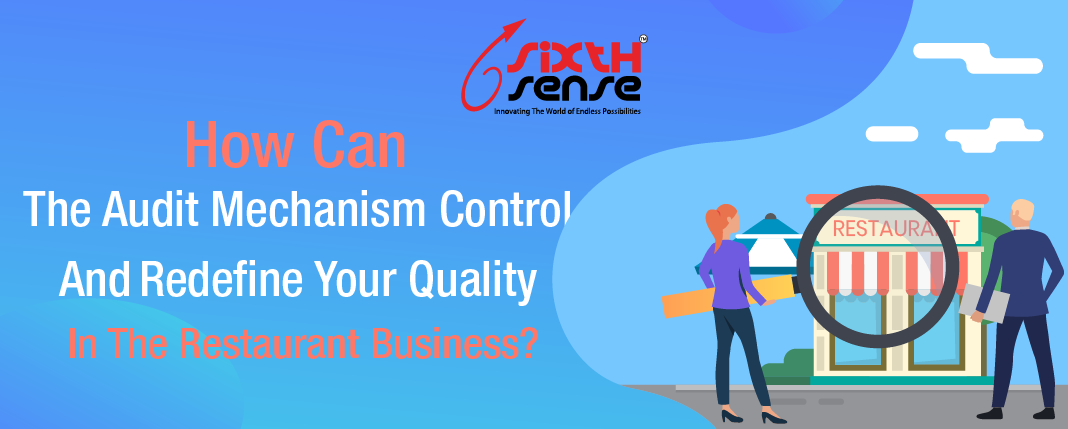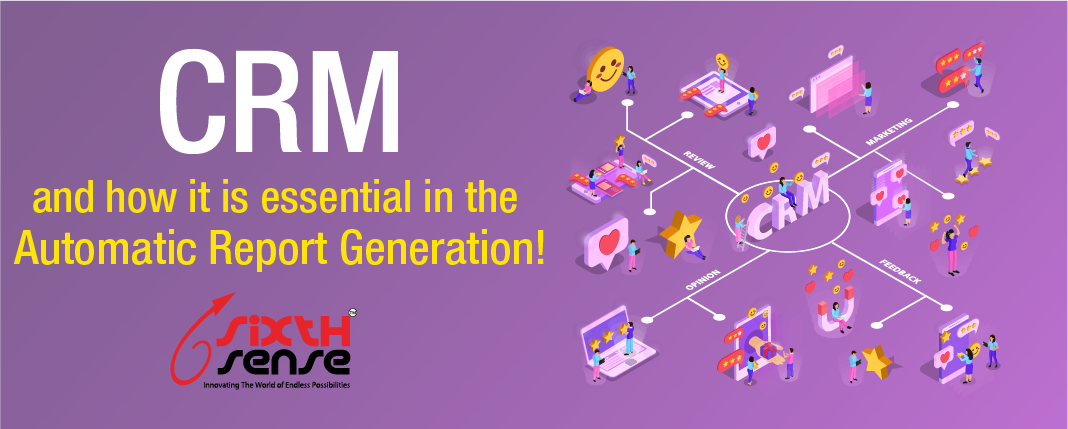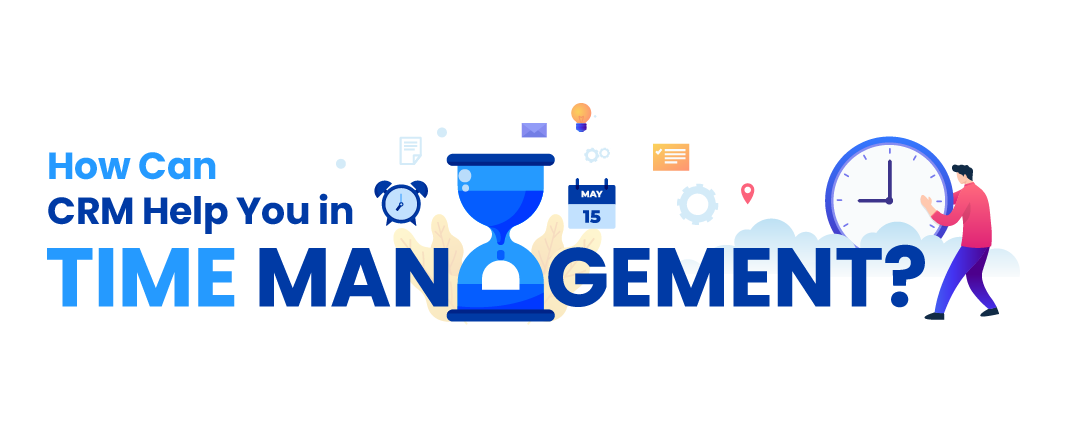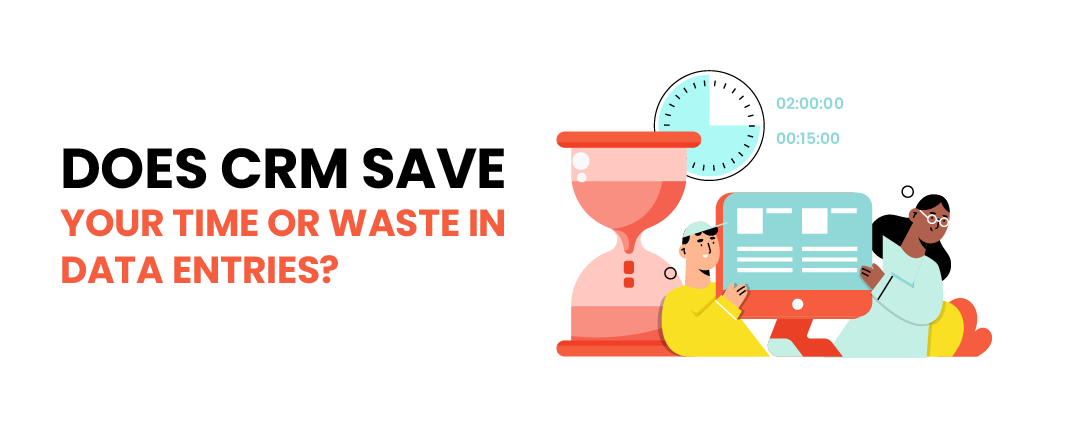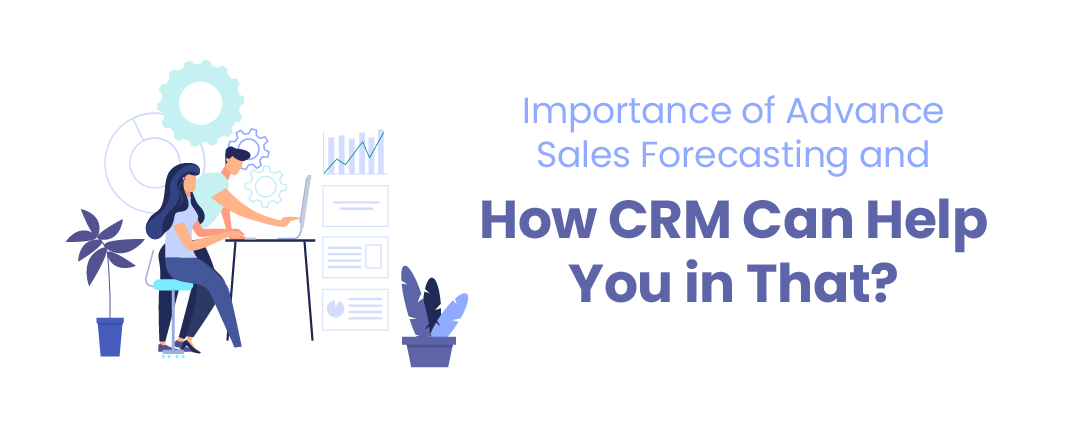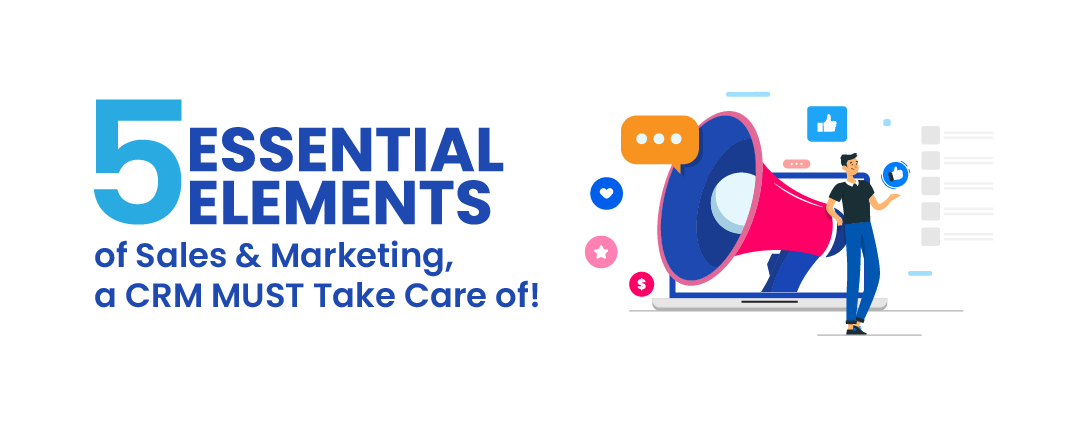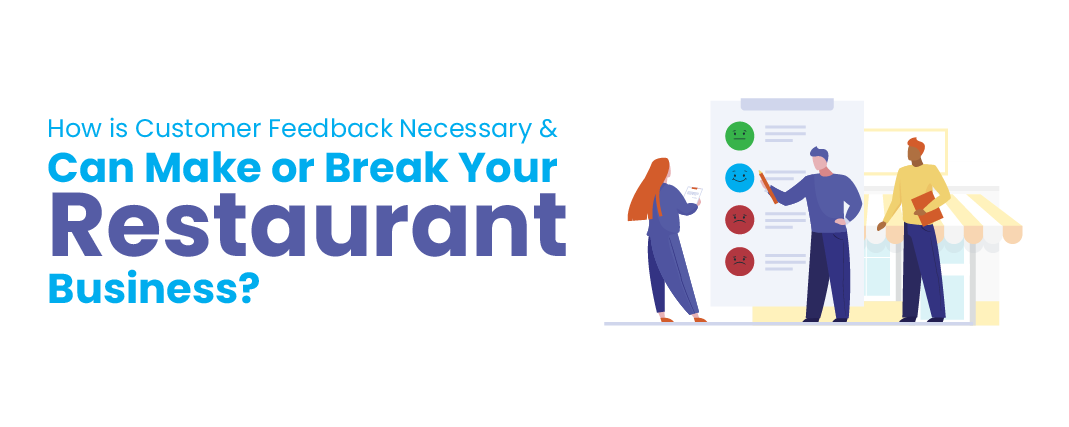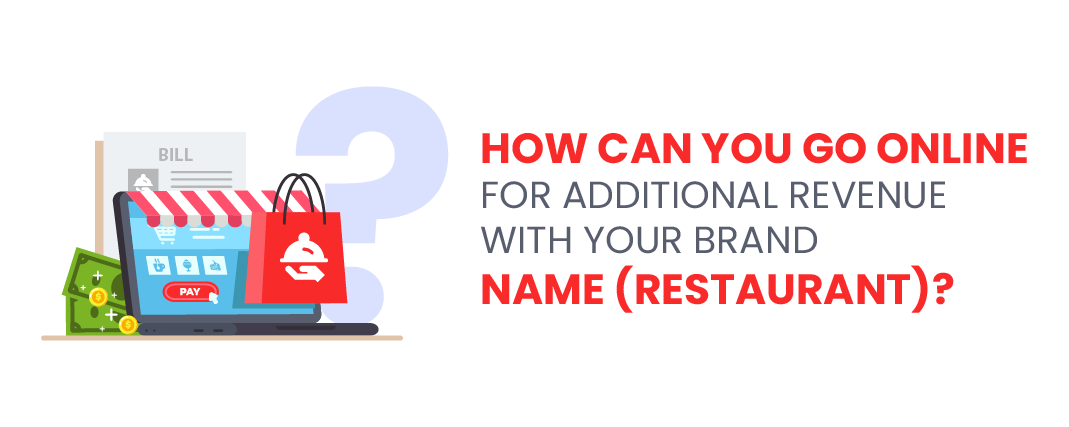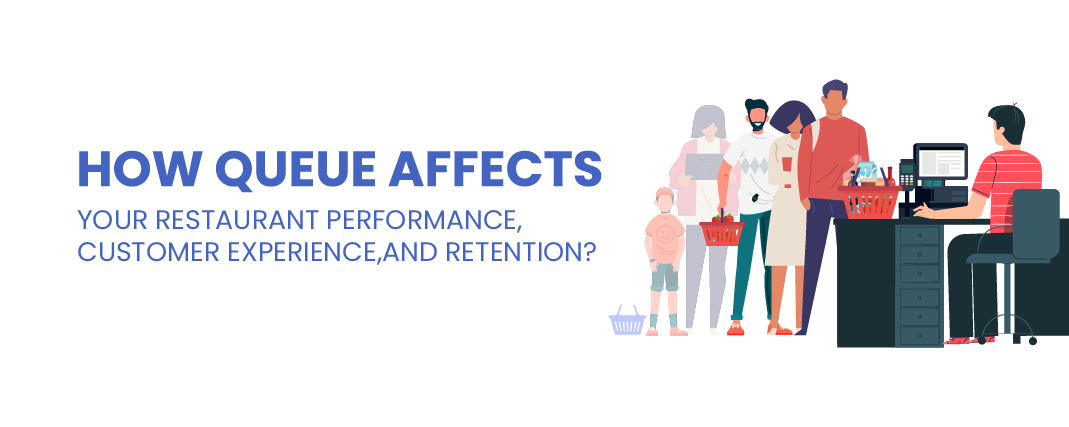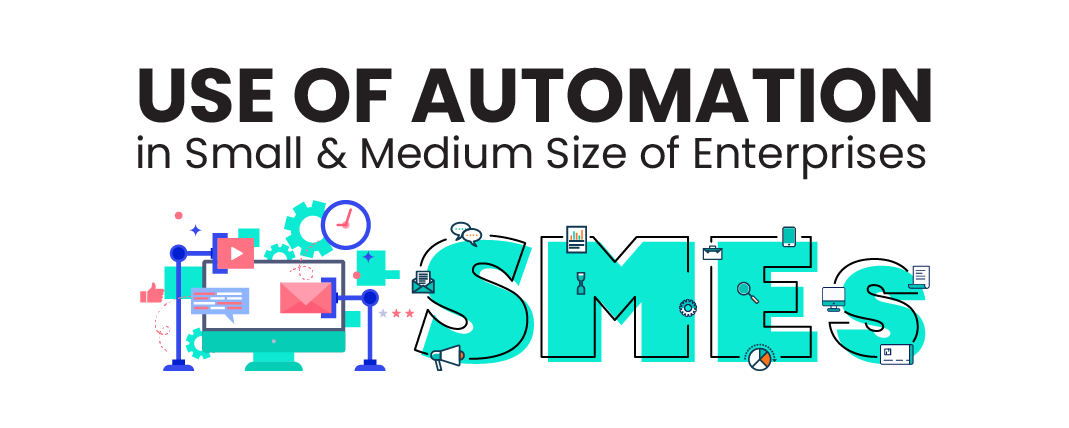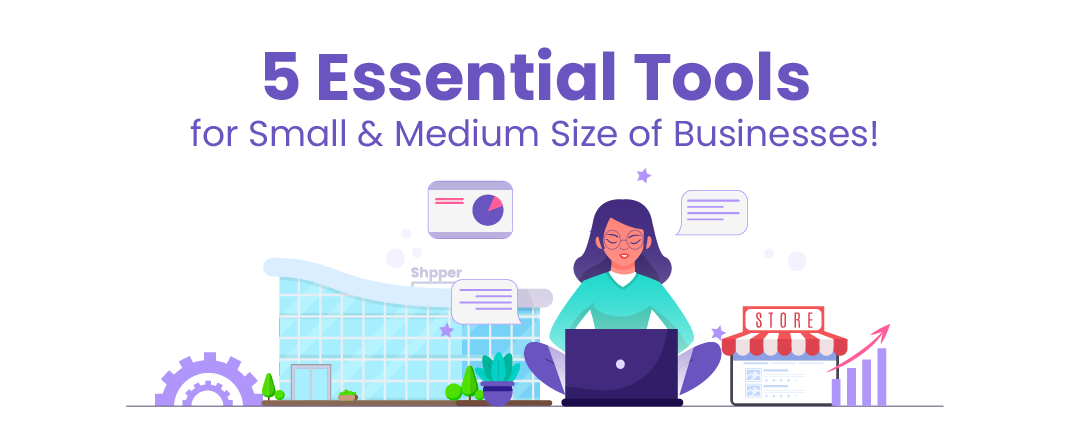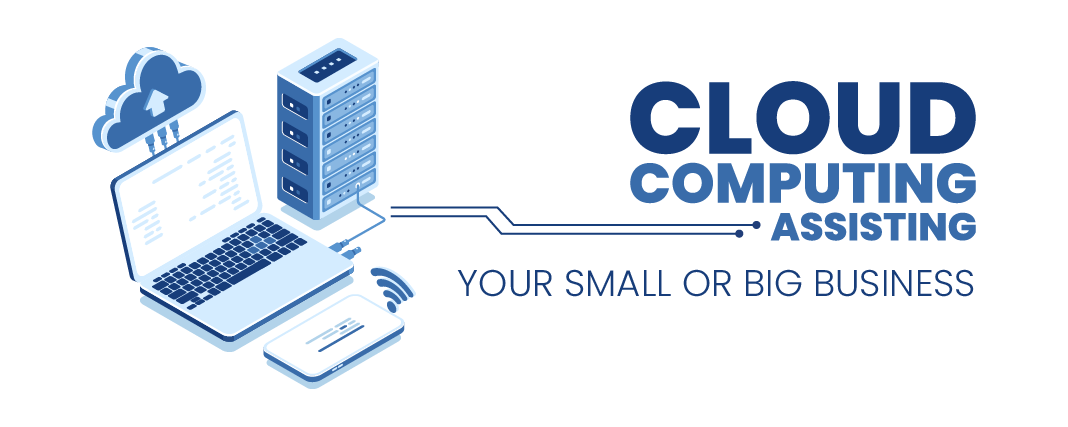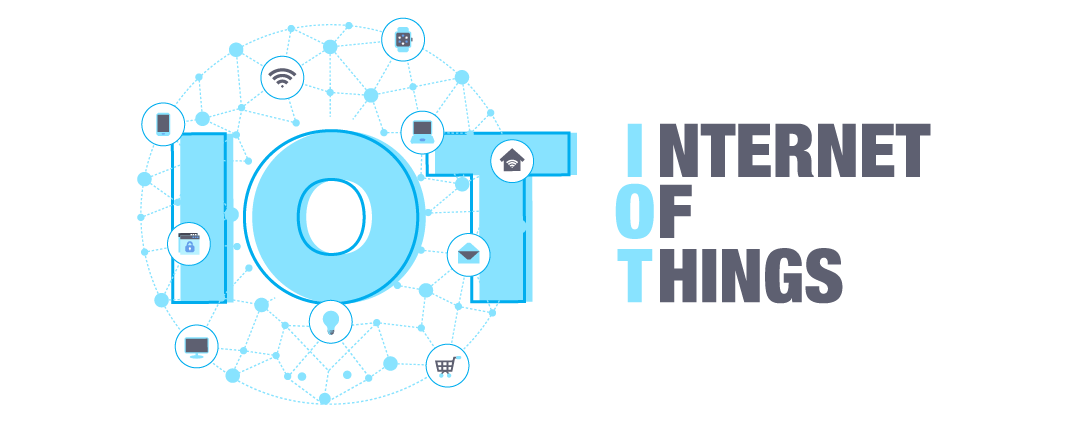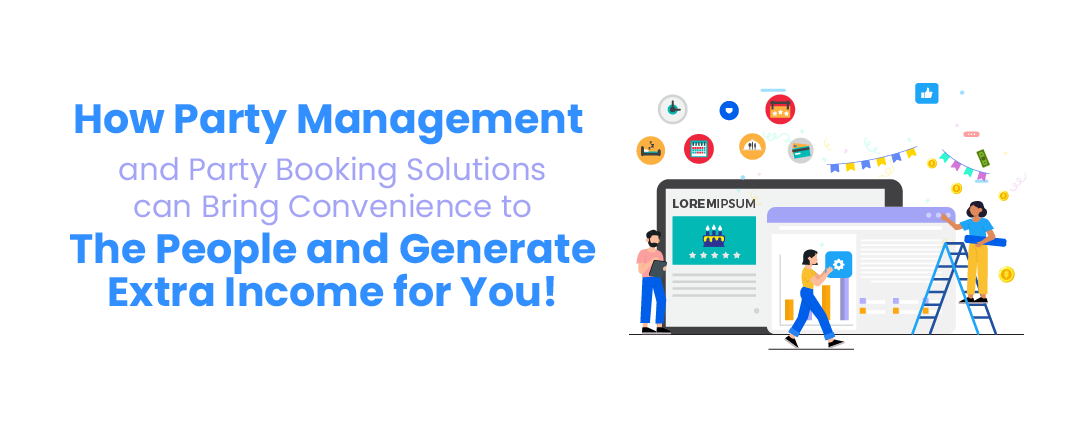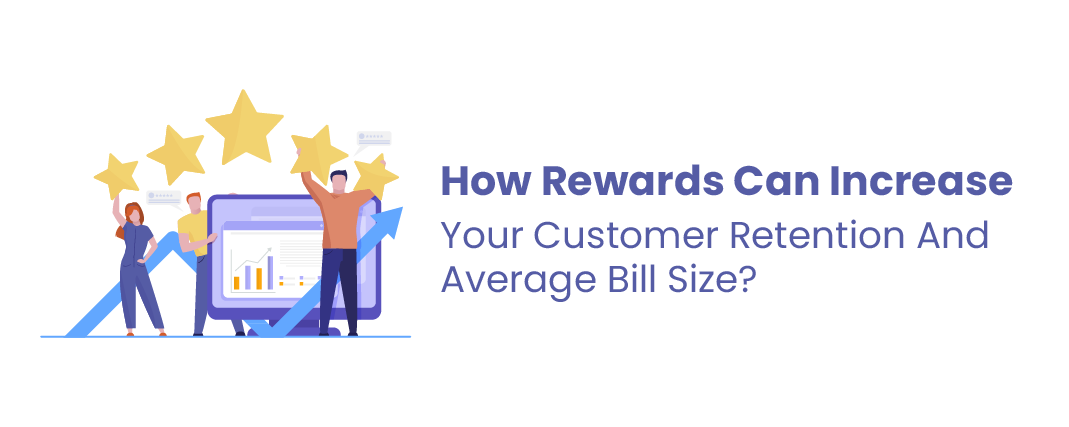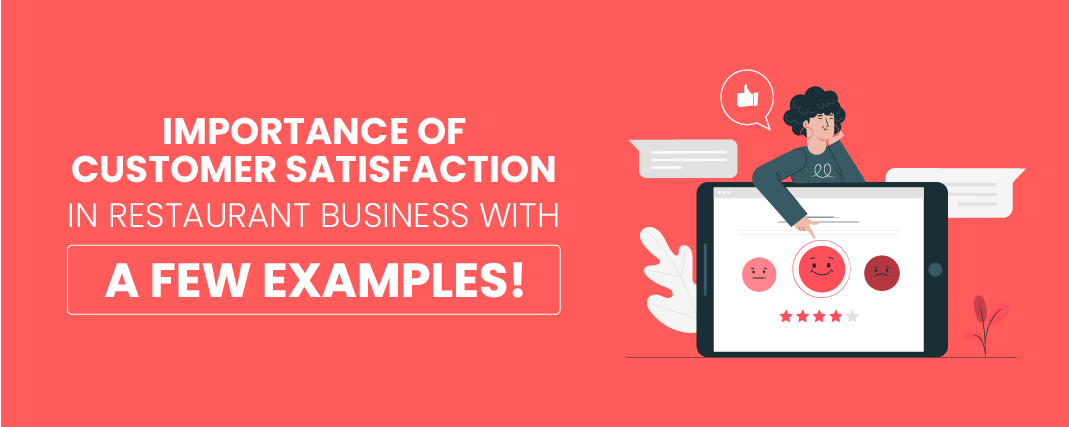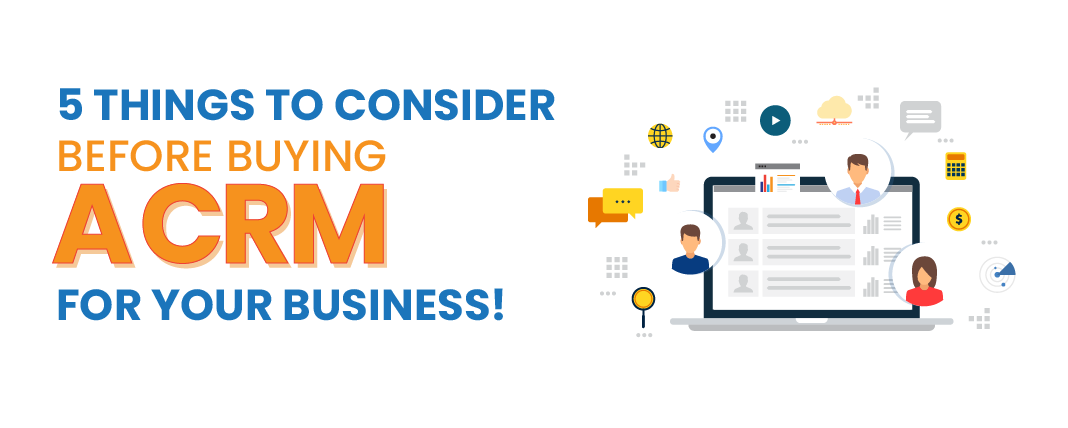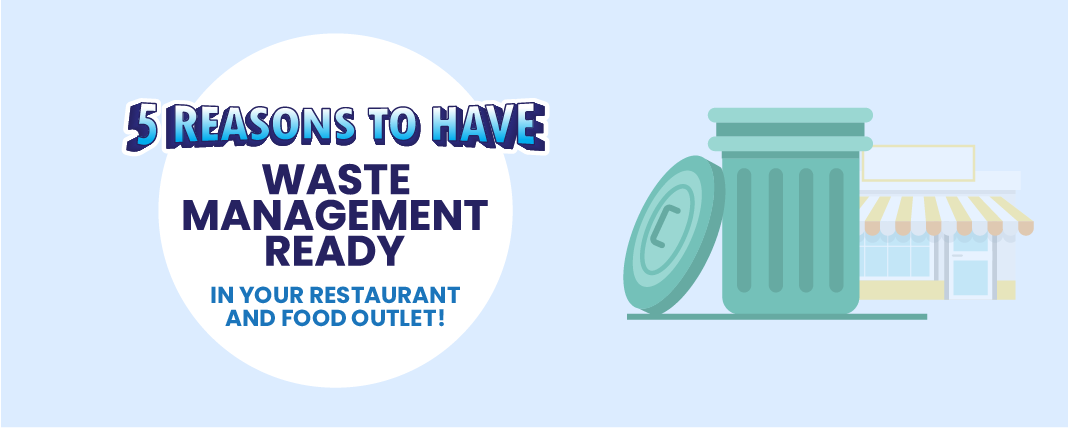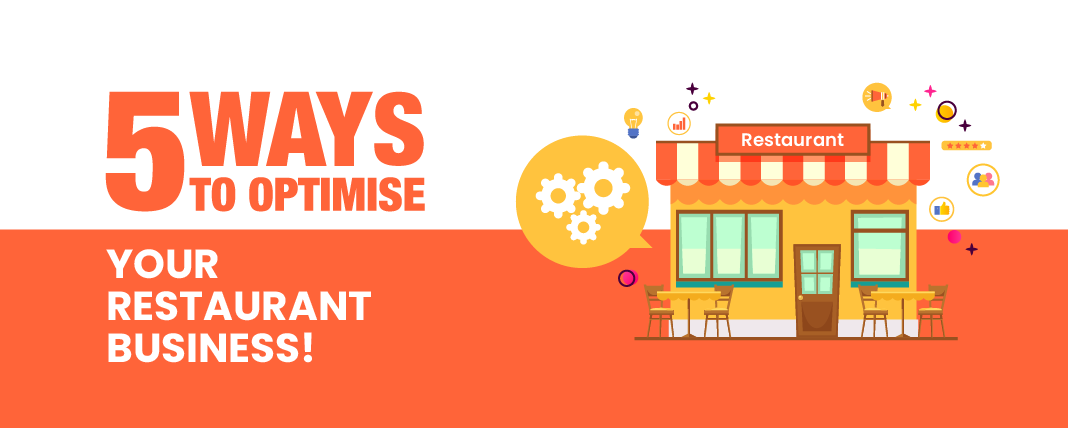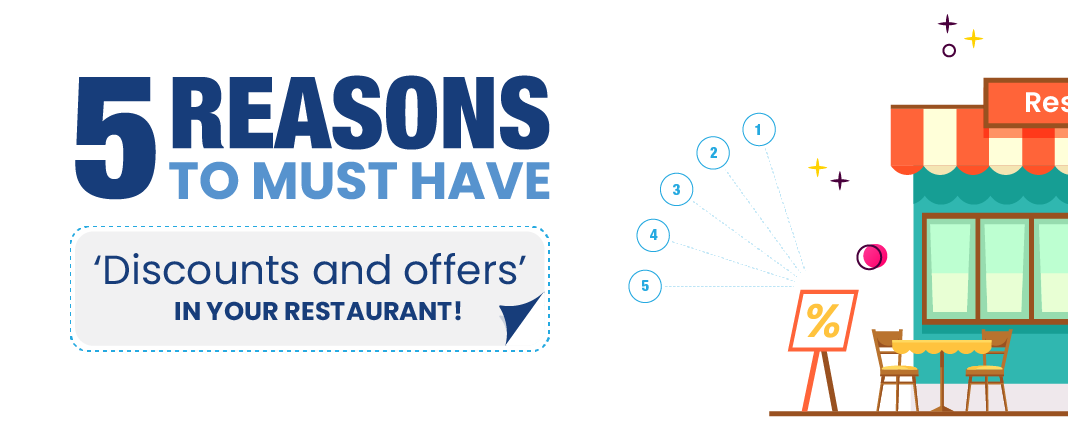
How to Create a Cafe Marketing Strategy


Marketing strategy refers to a comprehensive plan that outlines the goals and objectives of a business or organization's marketing efforts. It is a roadmap that guides the marketing team on how to effectively promote and sell products or services, build brand awareness, engage with customers, and achieve overall business objectives. A marketing strategy typically encompasses various elements, including target market identification, competitive analysis, marketing goals, positioning, messaging, marketing channels, tactics, budget allocation, and measurement.
A well-defined marketing strategy helps businesses make informed decisions about how to allocate resources, prioritize marketing initiatives, and achieve desired outcomes. It provides a clear direction and framework for all marketing activities, ensuring that efforts are coordinated, consistent, and aligned with business objectives.
A marketing strategy begins with understanding the target market, including their demographics, preferences, needs, and behaviors. This information helps in developing a clear understanding of the customers' pain points and how to effectively communicate and engage with them. Competitive analysis involves researching and analyzing competitors' marketing strategies, strengths, weaknesses, opportunities, and threats to gain insights into the market landscape and identify opportunities for differentiation.
Based on the target market and competitive analysis, marketing goals and objectives are established. These goals should be specific, measurable, attainable, relevant, and time-bound (SMART). For example, increasing sales by 20% within the next 12 months or improving brand awareness by 15% in the next quarter.
Positioning and messaging are critical components of a marketing strategy, as they define how a business wants to be perceived by its target market. This includes defining the unique selling proposition (USP) or value proposition, which differentiates the business from competitors and communicates the benefits of its products or services.
Selecting the right marketing channels and tactics is crucial in a marketing strategy. This includes traditional channels such as print media, radio, TV, and outdoor advertising, as well as digital channels such as social media, email marketing, content marketing, search engine optimization (SEO), pay-per-click (PPC) advertising, and more. The marketing tactics should align with the target audience, business goals, and budget.
A marketing strategy also involves budget allocation, which includes determining the resources and budget required for implementing the marketing initiatives. This includes allocating budgets for different marketing channels, campaigns, and tactics based on their potential impact and return on investment (ROI).
Lastly, measuring and analyzing the performance of marketing initiatives is essential to determine their effectiveness and make data-driven decisions. This includes tracking key performance indicators (KPIs) such as website traffic, conversion rates, customer engagement, sales, and ROI. Based on the performance data, the marketing strategy can be optimized and refined to achieve better results.
In summary, a marketing strategy is a comprehensive plan that outlines the goals, objectives, target market, positioning, messaging, marketing channels, tactics, budget allocation, and measurement for a business or organization's marketing efforts. It provides a roadmap for effective marketing planning, execution, and measurement, and helps businesses achieve their marketing and overall business objectives.
How to Create a Cafe Marketing Strategy?
Are you a café owner looking to attract more customers and boost your business? A well-planned marketing strategy can be a game-changer for your café, helping you reach your target audience, increase customer engagement, and drive more sales. In this blog, we will outline some key steps on how to create a café marketing strategy to help you achieve your business objectives.
Identify Your Target Audience: The first step in any marketing strategy is to identify your target audience. Who are your ideal customers? What are their preferences, demographics, and behaviors? Understanding your target audience will help you tailor your marketing efforts to resonate with them and create more effective campaigns. Conduct market research, analyze your current customer base, and create buyer personas to guide your marketing efforts.
Define Your Unique Selling Proposition (USP): Your café needs to stand out in a crowded market, and having a unique selling proposition (USP) can help you do that. Identify what sets your café apart from competitors and make it a focal point in your marketing strategy. It could be your specialty coffee, cozy ambiance, unique menu items, exceptional customer service, or community involvement. Highlight your USP in all your marketing materials to attract customers who resonate with it.
Build an Engaging Online Presence: In today's digital age, having a strong online presence is crucial for any business. Create a professional website that showcases your café, its offerings, and your USP. Optimize your website for search engines (SEO) to increase your online visibility. Create engaging content, such as blogs, videos, and social media posts, to connect with your target audience and build a loyal following. Utilize social media platforms, such as Facebook, Instagram, and Twitter, to share updates, promotions, and interact with your customers.
Utilize Email Marketing: Email marketing can be a powerful tool for cafes to stay connected with customers and drive repeat business. Collect email addresses from your customers and create a mailing list. Send regular newsletters, exclusive promotions, and personalized offers to keep your customers engaged and informed about your café. Make sure your emails are well-designed, mobile-friendly, and provide value to your subscribers.
Implement Local SEO Strategies: As a local café, it's crucial to optimize your online presence for local search. Utilize local search engine optimization (SEO) strategies, such as claiming your Google My Business listing, optimizing your website for local keywords, and getting customer reviews. This will help your café show up in local search results when people search for cafes in your area and increase your visibility among potential customers.
Offer Incentives and Promotions: Incentives and promotions can be a powerful marketing tool to attract new customers and retain existing ones. Offer special promotions, discounts, or loyalty programs to entice customers to visit your café. Collaborate with other local businesses to cross-promote each other and expand your reach. Host special events, such as live music nights, themed parties, or community gatherings, to create buzz and attract more customers.
Provide Exceptional Customer Service: Exceptional customer service can be a key differentiator for your café. Train your staff to provide friendly, attentive, and personalized service to every customer. Encourage and incentivize customer reviews and testimonials to build a positive online reputation. Respond promptly and professionally to customer feedback, complaints, or inquiries, and use them as an opportunity to improve your café and build customer loyalty.
Leverage Influencer Marketing: Influencer marketing can be an effective strategy to increase your café's visibility and attract new customers. Identify local influencers or bloggers who align with your café's brand and target audience. Collaborate with them to promote your café through sponsored posts, reviews, or collaborations. This can help you tap into their followers' network and expand your reach.
Utilize Online Ordering and Delivery: In today's fast-paced world, offering online ordering and delivery options can significantly boost your café's sales. Set up an easy-to-use online ordering system on your website or through third-party platforms, such as Uber Eats or Grubhub. Promote your online ordering and delivery services through your website, social media, and other marketing channels. Offer incentives, such as free delivery or discounts, to encourage more customers to order online.
Collaborate with Local Events and Organizations: Collaborating with local events and organizations can help you increase your café's visibility and connect with your community. Sponsor local events, such as charity fundraisers, sports tournaments, or cultural festivals. Partner with local organizations, such as schools, libraries, or non-profits, for mutually beneficial collaborations. This can help you tap into their audience and build a positive brand image as a community-minded café.
Utilize Visual and Mouthwatering Food Imagery: Visuals play a crucial role in food marketing. Use high-quality, mouthwatering images of your café's food and beverages in your marketing materials, website, and social media posts. Hire a professional food photographer or invest in a good-quality camera to capture visually appealing images that will make your audience crave your offerings. Share behind-the-scenes glimpses of your café's food preparation process to create a connection with your audience.
Monitor and Measure Your Results: It's essential to monitor and measure the results of your café marketing efforts to see what's working and what's not. Utilize analytics tools, such as Google Analytics, social media insights, or email marketing metrics, to track your marketing performance. Identify the marketing channels, campaigns, or promotions that are generating the most significant results in terms of customer engagement, website traffic, conversion, and sales. Use this data to make data-driven decisions and optimize your marketing strategy accordingly.
In conclusion, creating a café marketing strategy requires careful planning, creativity, and consistency. Identify your target audience, define your unique selling proposition, build an engaging online presence, utilize email marketing, implement local SEO strategies, offer incentives and promotions, provide exceptional customer service, leverage influencer marketing, utilize online ordering and delivery, collaborate with local events and organizations, utilize visual and mouthwatering food imagery, and monitor and measure your results. By implementing these strategies, you can attract more customers, build customer loyalty, and boost your café's success in a competitive market. Cheers to a successful café marketing strategy!



